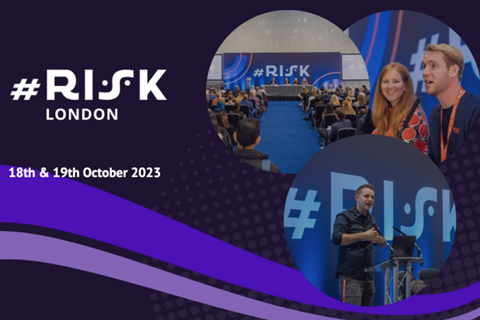We see it at every football game – the ball is launched into the sky or towards the goal, only for a player to connect to it aggressively with their head.

Neck muscles braced, the player absorbs the shock of the speeding sphere to send it whizzing in another direction. All eyes follow the ball’s path; no need to think about the person who headed it. Or is there?
Participation in sport is to be celebrated and encouraged for its health and fitness, to name but a few benefits. But there’s evidence to suggest we’re going about it in a way that is selective in terms of risk. This is particularly the case with regard to our brains, injuries to which can remain hidden until irreversible damage has been done.
It’s a culture that has grave consequences – a 2019 survey in Scotland concluded that former professional male footballers are 3.5 times more likely to die of diseases such as Parkinson’s, Alzheimer’s and other varieties of dementia.
Similarly, research released by The Lancet Public Health found that elite football players in Sweden are 1.5 times more susceptible to living with degenerative brain conditions in later life. The study followed the career and life experiences of around 6,000 men in Swedish pro football between 1924 and 2019, and significantly, discovered no increased risk for goal keepers who seldom come into head contact with the ball.
Professor David Curtis of University College London’s Genetics Institute, comments:
“It seems extremely plausible that repeatedly heading the ball during training and normal play produces brain damage which over time can result in dementia.”
At a media briefing, Curtis described how the research indicates that around one in 20 pro football players will become affected by dementia due to the sporting pursuits of their first careers.
On the plus side, if soccer players today still use their head to direct the game, then the balls are far lighter – not like the water-soaked leather relics of football days gone by. However, these new studies are changing the way health officials think about risk in the beautiful game, particularly as they push to maximise protections afforded to younger generations.
The English Football Association is now carrying out a trial that involves a ban on heading the ball in matches between players younger than 12 years of age. While in the US, individuals below the age of 10 are not permitted to head the ball in training nor in competitive matches.
In Germany, heading the ball remains allowed, but more attention is being given to heading technique with a view to making the tactic as safe as possible.
Tackling risk in sport effectively
Unlike most businesses, sport generates huge media coverage, putting all stakeholders in the limelight.
Topics taking up headline space in recent times include: sport’s treatment of concussion; allegations of bullying, abuse, sexism and racism; financial mismanagement; institutional wrongdoing; gambling, doping and match fixing; and new government plans to reform club football governance.

These issues take centre stage at the #RISK Sport zone, a stand-alone conference within the #RISK Sport Theatre – Governance, Risk and Compliance at #RISK London. Attendees can tap into a curated content stream that sheds light on the increasingly complex threat environment in which all sports operate, along with tactics and tools that institutions are using to mitigate risk.

#RISK London
Taking place October 18 and 19, #RISK London brings high-profile subject-matter experts together for a series of keynotes, engaging panel debates and presentations dedicated to breaking down the challenges and opportunities businesses face in times of unprecedented change.
“#RISK is such an important event as it looks at the broad perspective or risk. Risks are now more interconnected and the risk environment is bigger than ever before.”
Michael Rasmussen, GRC Analyst & Pundit, GRC 20/20 Research












No comments yet